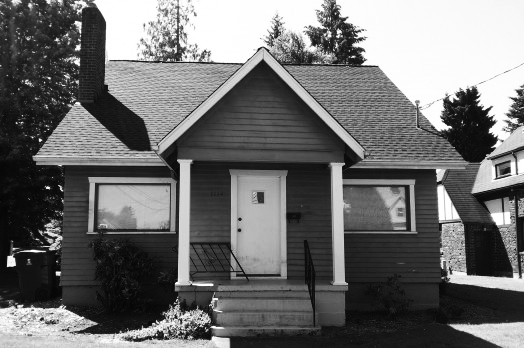
By Andrew Izzo

Doughnuts greeted students as they walked through the door of McIntyre 307 on Oct. 24 for “Logger Life Hacks: Housing 101.”
“Logger Life Hacks” is an informational series of presentations and panels hosted by the 2018 cohort of the Leadership Development and Engagement Initiative (LDEI). Transitioning from a student life to an adult life can be difficult, and there are some things that a student wouldn’t be exposed to through the average collegiate education.
“This came to be thinking about students being prepared for graduation and what comes after graduation,” senior Hannah Borgerson said. “Kind of adulting in studenthood.”
Many students attended this event, seeking advice about the next steps in their lives. “I wanted more information about living off-campus and the resources available,” sophomore Veronica Lewis said.
The talk started with a presentation by Borgerson, which was followed by a panel discussion with Moe Stevens, Chris Porter and Nick Rothbacher.
The session was full of advice from the panelists.
A lot of advice focused around knowing rights as a renter, and the responsibilities of the landlords. The rights of Washington renters can be found at the website of the Tenants Union.
“Get everything in writing, and know what your rights are,” Moe Stevens, Director of Greek Life & Leadership and local landlord, said.
Another point made was about subletting. Some landlords don’t allow subletting, but it still may happen under the table. Always be sure to make sure subletting is allowed under contract, or there could be legal consequences.
If a law is broken by the renters of a house, the landlord can evict them with only three days notice. This could happen by police being called on a party, so it’s good to let neighbors know when a party is happening. The panel suggested giving contact information to neighbors may prevent this as they could then call the renters before the police.
When signing a lease, photographing damages and ensuring all equipment and appliances are in working condition before moving in is a good way to avoid problems later on. If there is unfamiliar equipment, such as sprinkler or air filtration systems, be sure to know how to operate them.
Be mindful and respectful of neighbors, especially if the house being rented is in a college area. There is a good chance that other students or faculty and staff may live nearby.
Renter’s insurance was also highly recommended by the panelists. Theft is always a possibility, and this insurance covers property loss. Some landlords require renters to have insurance. Some policies extend to dependents, so the policy of a parent may cover a student.
There are some red flags to watch out for in landlords. Not giving a receipt for a security deposit, pressuring renters to sign quickly and claiming an inspection is not needed are among common things to look out for.
Word of mouth is often an easy way to find a house to rent, and comes with the benefit of some knowledge of the landlords. Online resources are also a good place to find houses to rent. Zillow, Craigslist and Padmapper are some sites to consider.
Renting off-campus comes with a lot of freedoms, but also a lot of considerations, so be sure to take time in weighing the options.
“Stuff that you haven’t had to think about before, you have to think about now,” Stevens said.
There will be two more sessions of “Logger Life Hacks,” one regarding finances on Nov. 7, and one regarding job skills on Nov. 14. Both presentations will be at 7 p.m. in McIntyre 307.
